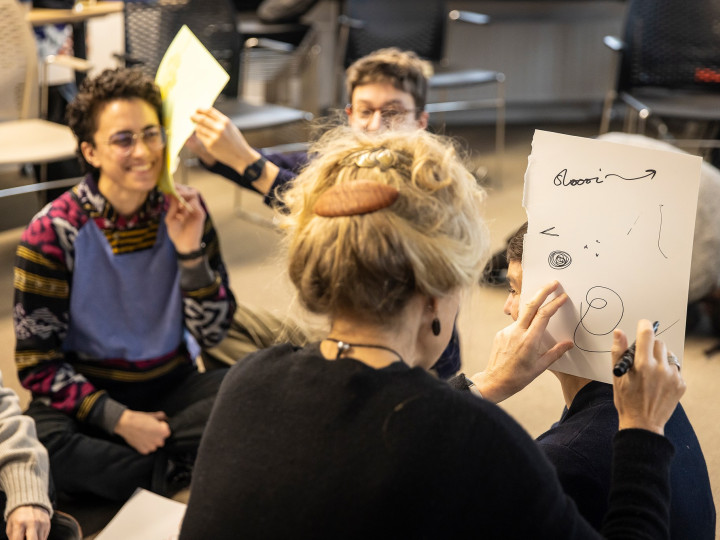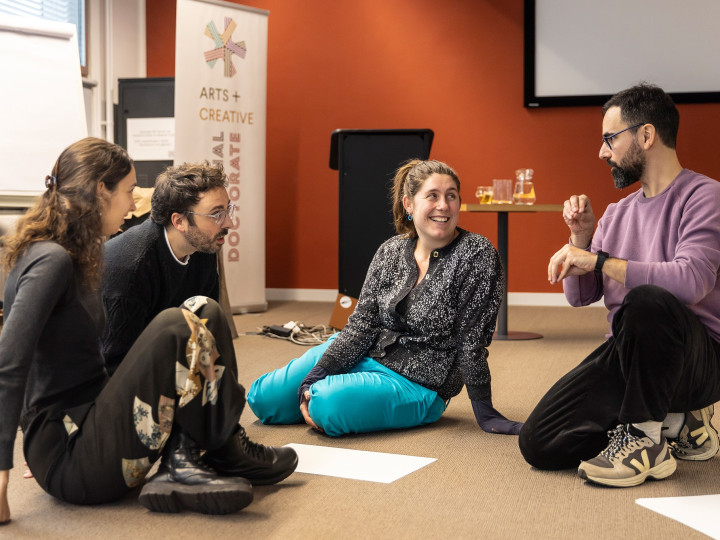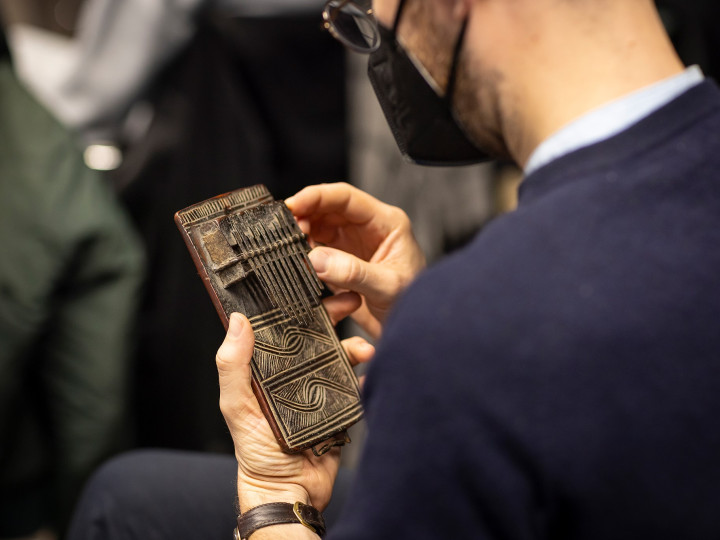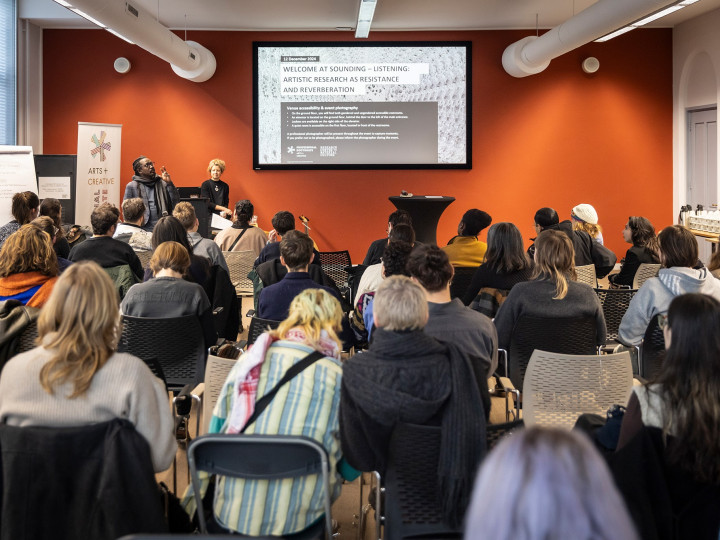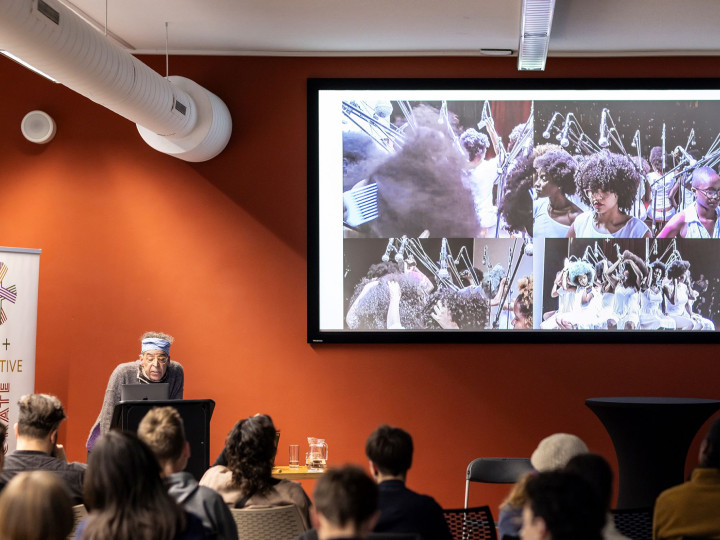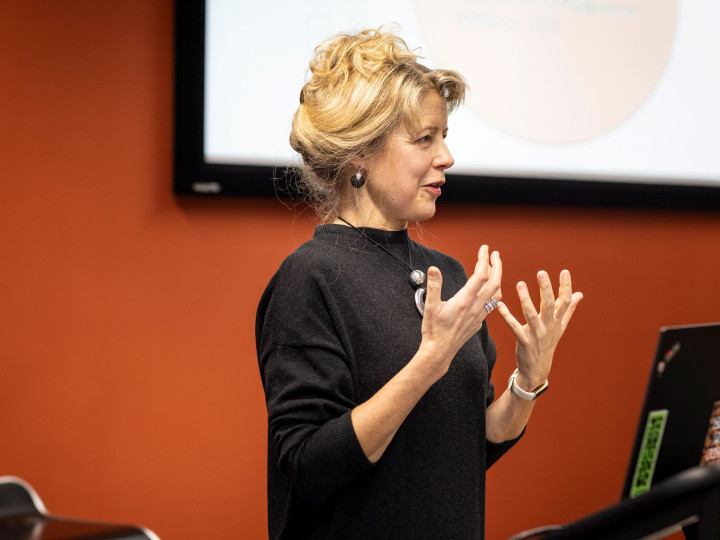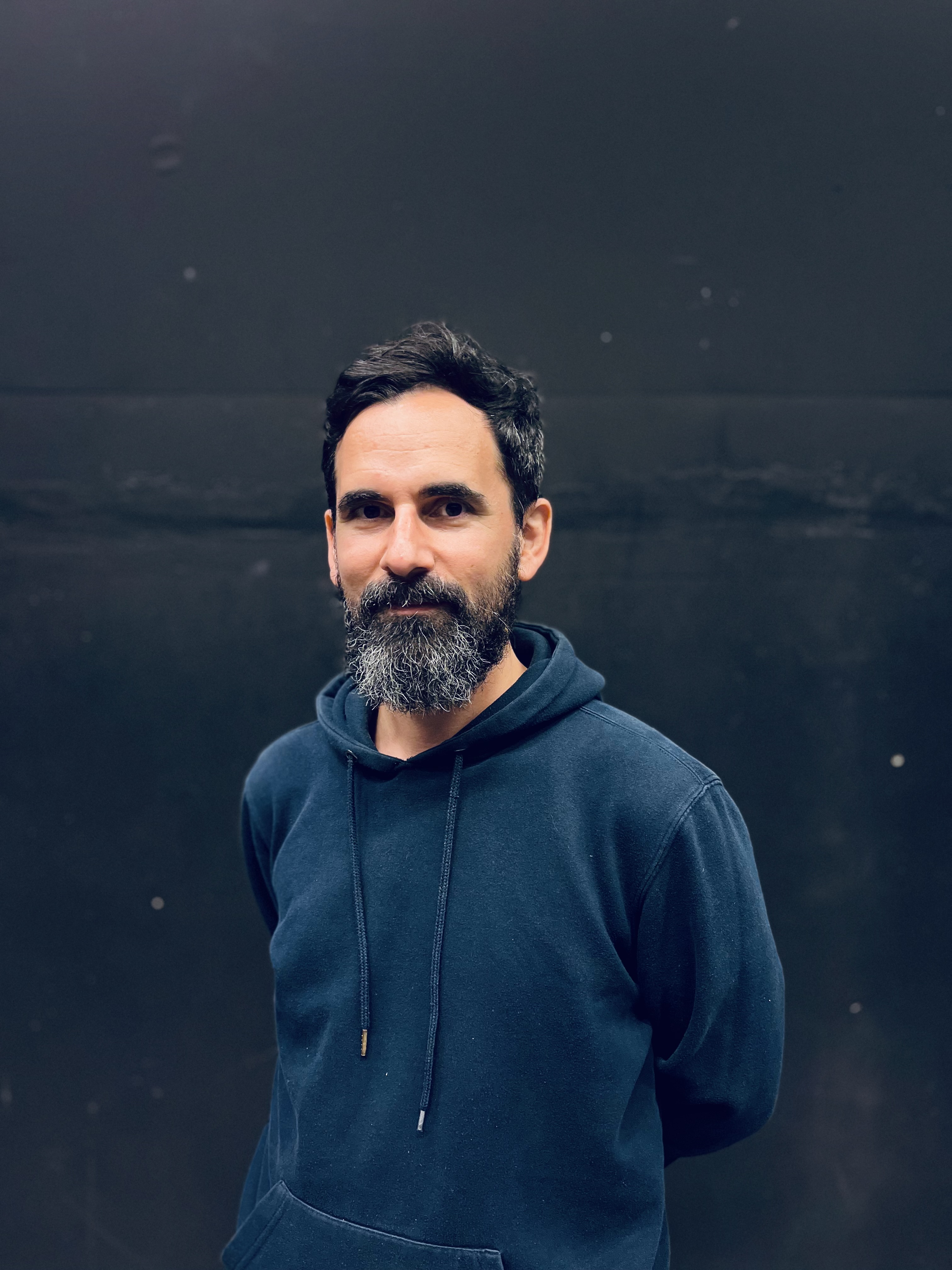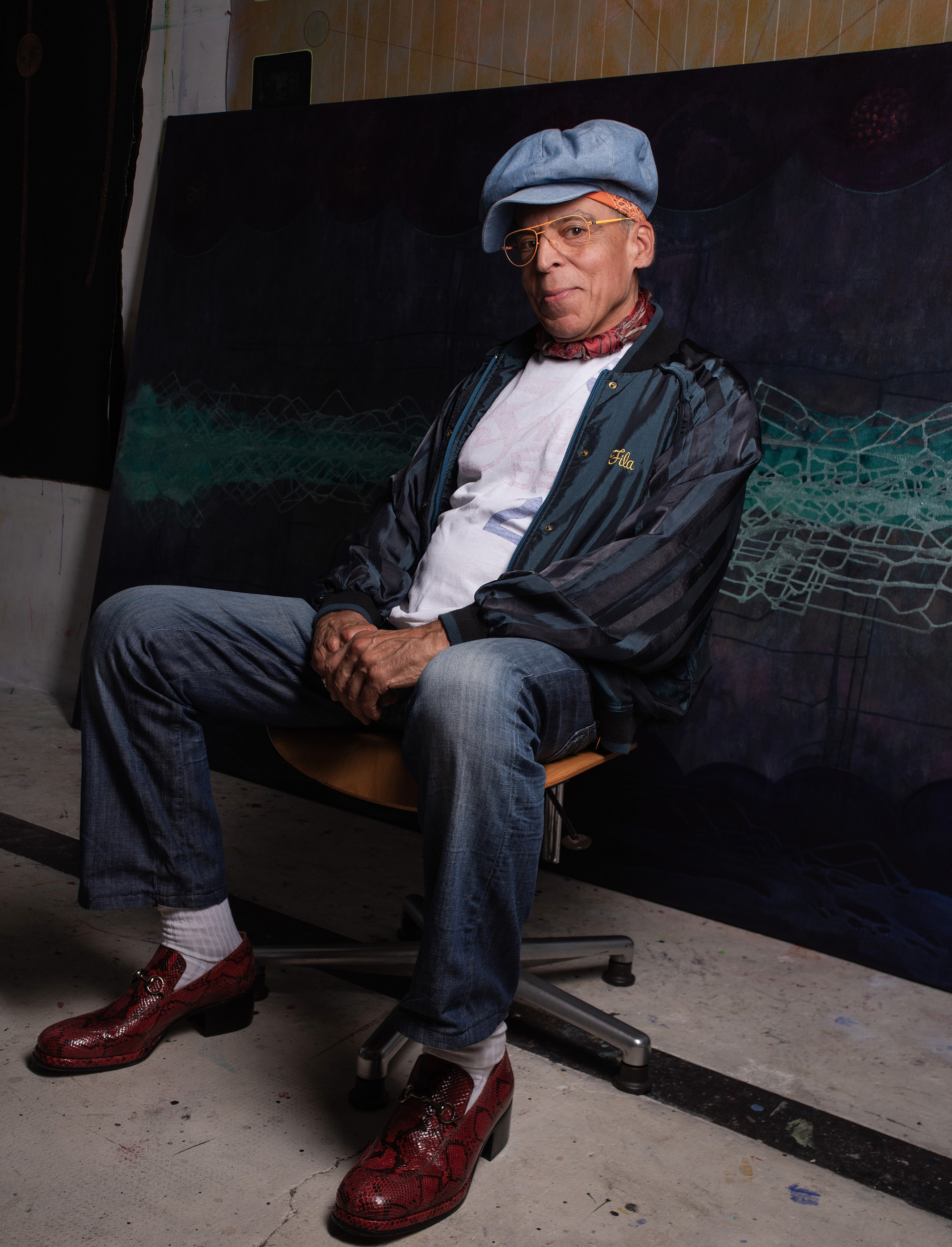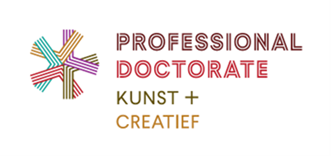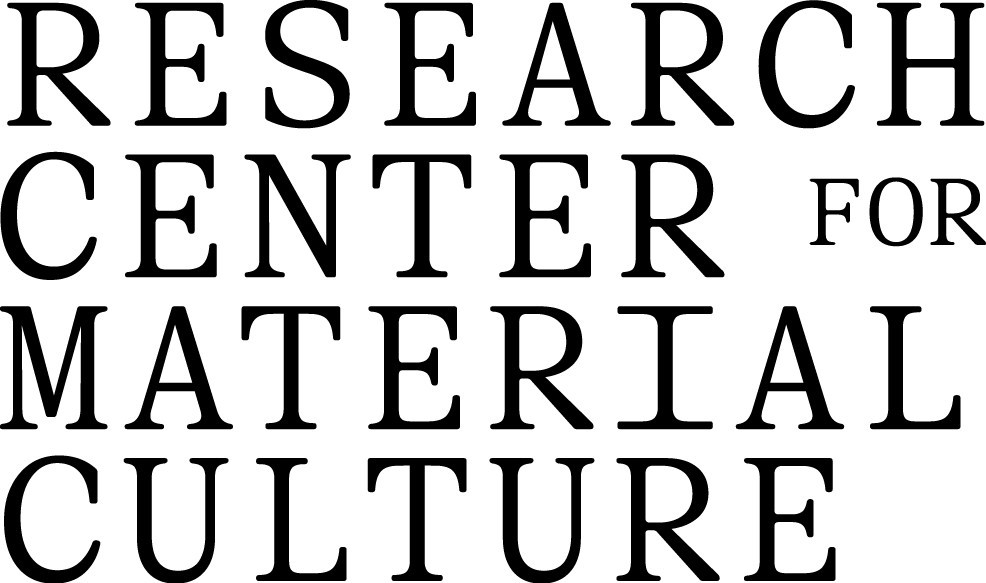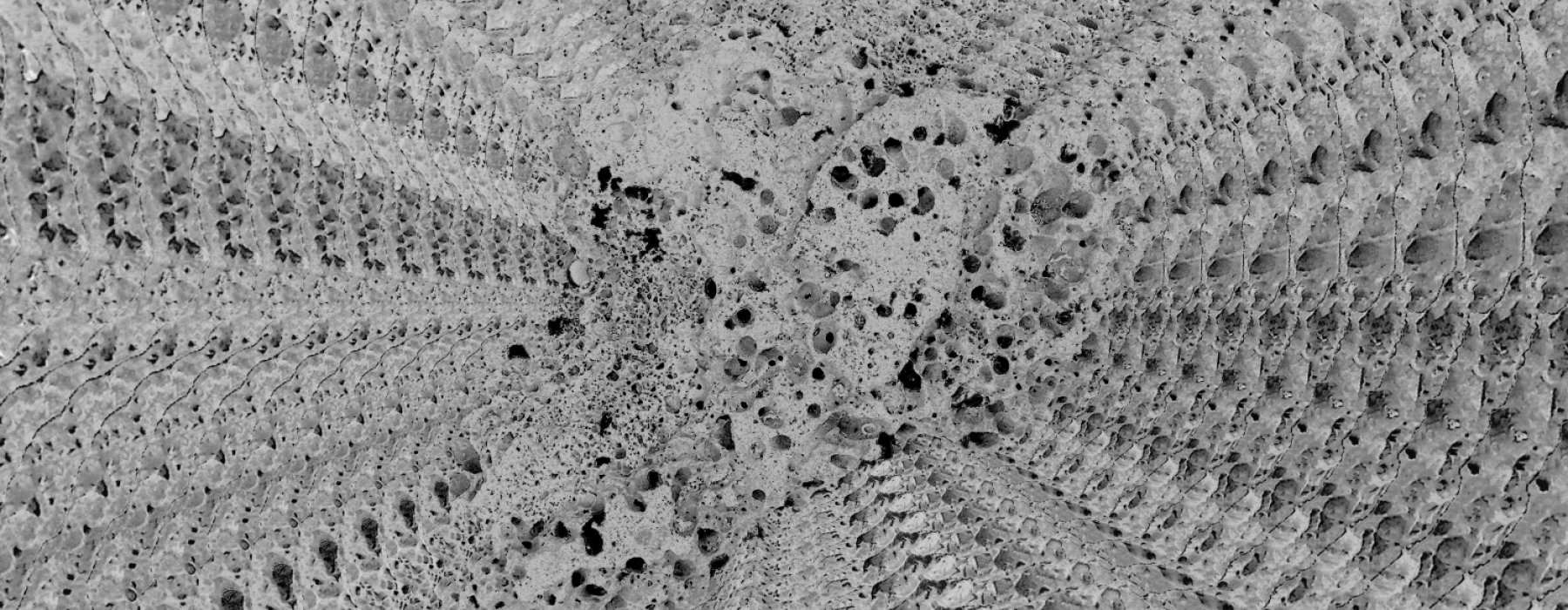
Histories of oppression and environmental destruction have shaped what we hear and what remains unheard. Today’s regimes of power perpetuate the problem, muting the voices of exploited humans and other-than-human beings. As argued by authors such as Frantz Fanon, bell hooks and Sylvia Wynter, epistemologies of the Global North equate knowing and control with visuality, discrediting senses such as hearing, smelling and tactility. This "ocularcentrism," reinforces racialized and colonial ways of perceiving the world.
In this event we will combine practical and conceptual work to approach the problem. Guided by artist researchers, we will practise listening in new ways to the life of the earth, and the lives marginalized by colonial and capitalist systems. By tuning in to alternative sensory modalities we hope to open up more nuanced, reciprocal relationships with our environments, and those rendered invisible or inaudible by dominant power structures.
We will also experiment with concepts that are under-developed in critical work. Our vocabularies are rich with visual concepts such as ‘illuminate’, ‘regard’, and ‘reveal’, but we tend to underuse terms deriving from sound. What could it mean to undertake artistic research with reference to terms such as echo, heterophony, reverberation, amplify, tuning-in, or un-muting? How can new concepts shift our thinking and our listening? And how could this affect the social dimensions of our work, its ‘repercussions’?
The day begins with a deep listening workshop, which will be followed by three presentations by artist researchers who are working with sound, music and movement, and their broad resonances in the world.
